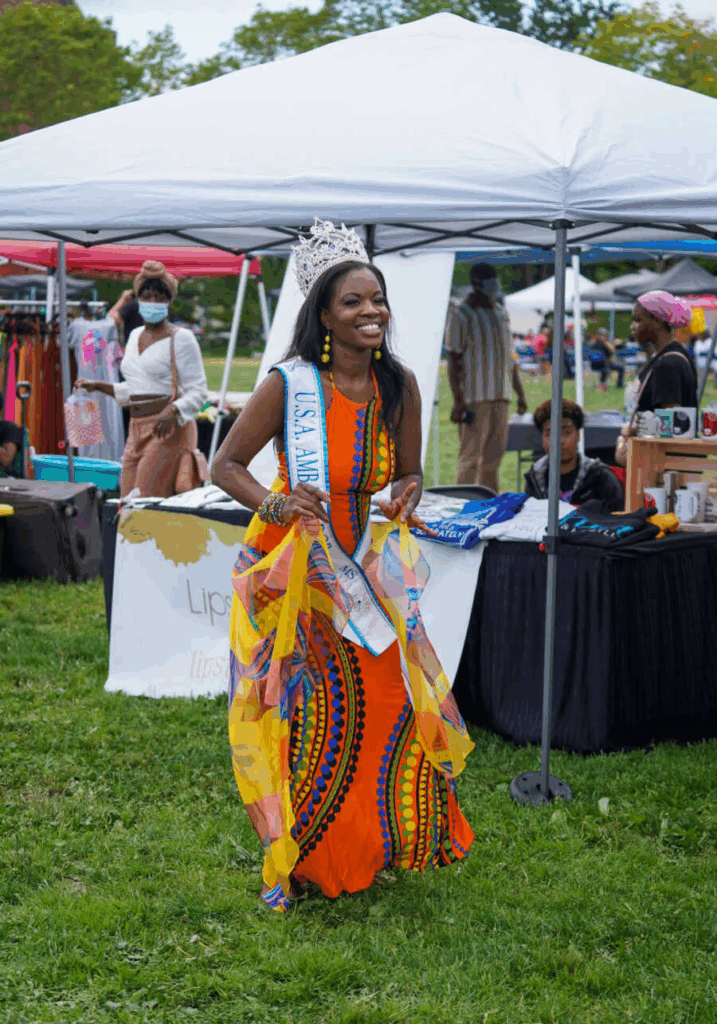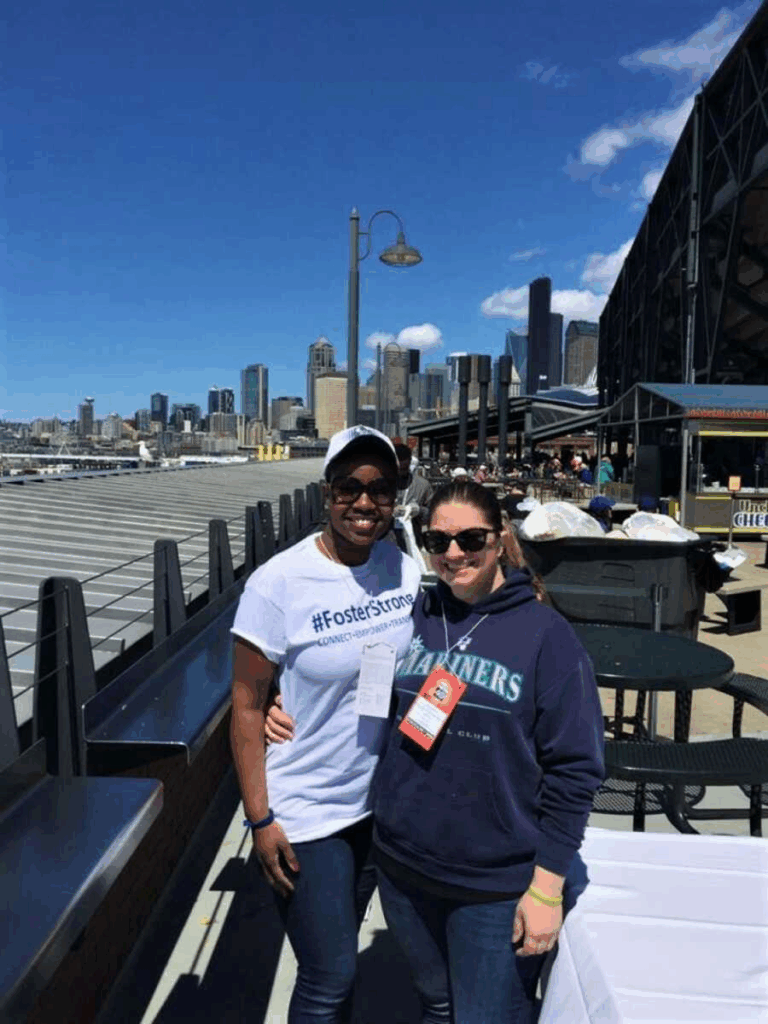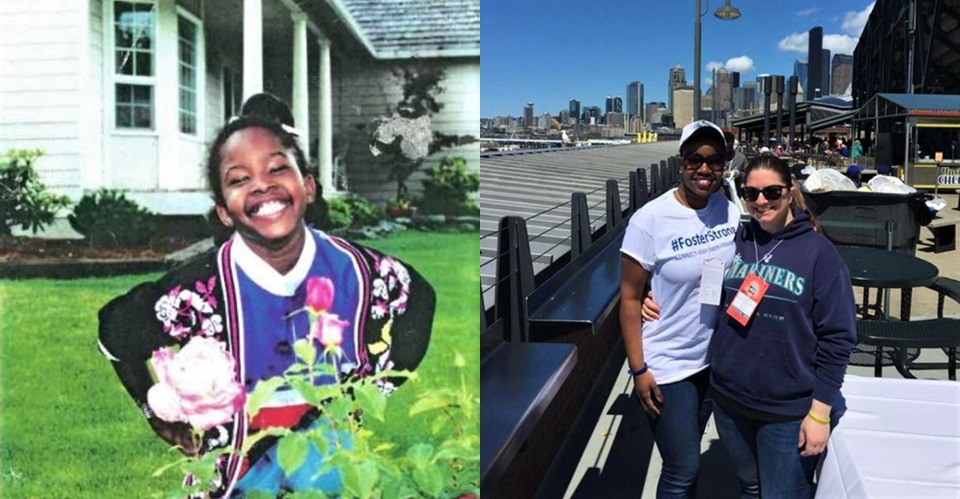She grew up learning that help can look like a stranger at a door, a sister at a stove, a community that sticks, and a faith that holds, proof that your beginning doesn’t decide your ending. She doesn’t remember much from her early years; she just remembers flashes of noise and quiet. At five, everything changed. Social workers came, faces long and worried, and took her to a small green house behind a chain-link fence. A tiny woman in a floral skirt opened the door and smiled as if they knew each other. “Hi, Jamerika,” she said. That was Mrs. Johnson, who became her foster mom. For five years, the Johnsons were church on Sundays, dinners at the same table, and car trips that felt like safety. She loved them like parents and never wanted to leave.

Before foster care, life was hungry and slow. She remembers boredom that felt like nothingness, a mother who drifted in and out, and an older sister who became the caretaker at twelve, cooking what was there, comforting whoever cried, even looking after their mother. There were bright spots, too, like a cousin’s birthday party where she rode a Barbie-pink convertible until someone made her stop. For a moment, she forgot the chaos and felt free. At ten, she had to move again. New homes came and went. By eighteen, she chose her own direction. She reconnected with her mom, now in recovery and in her own place. Time had softened some edges. They talked, visited, and tried to build something new. She also found the Johnsons again and thanked them before they passed.
At nineteen, she enrolled in community college and said aloud what she had always felt: she would be a communicator. People looked puzzled when she said she wanted to act, report, and tell stories. She kept going anyway. She earned a degree in Communication from Washington State University, worked as a reporter, and stepped onto stages as a speaker. She aimed her microphone at people often ignored, the poor, the marginalized, the ones the world discounts.

In college, she entered pageants, not for crowns but for voice and platform. Thirteen years later, she won the USA Ambassador Ms. 2021 national title. She dedicated it to kids in care and called her platform A Chance to Succeed. She knew how it felt to be spoken over, to be treated like a file. Advocacy became her answer. She started speaking at conferences, partnering with organizations, and pushing for a system that listens first. Life filled out in softer ways, too. She married her best friend, Greg, and found the steady love she once only hoped for. Her family grew back together: her mom, her siblings, their children, and grandchildren. Watching nieces and nephews grow reminded her that people are not at their worst season. With help, families can heal. She and her family are proof.

She talks about faith when people ask how she got through foster care. She thought a lot about David facing Goliath. The system sometimes felt like a giant, and she did not always know what to do, but she knew how to pray and keep stepping forward. She learned that fear can be loud, but trust can be more audible. She now tells young people in care that none of this is their fault. They are worthy of safety and respect. Stay connected. Learn your rights. Don’t go it alone. She tells parents with kids in care that they are still their children’s parents. Work the plan. Seek recovery. Find housing and work. Keep showing up. Even when reunification isn’t possible, growth still matters.

And she tells neighbors who want to help to listen first. Not everyone can foster, but everyone can do something: mentor, donate, give respite, speak up. If you don’t know where to start, ask. For a long time, she wanted to erase the foster care chapter. Now she sees it as part of her story, not the whole. She wants the stigma gone because no family plans for collapse. Families need support when life breaks. Hers did. Tomorrow, someone else’s will. Communities get stronger when people choose to care.











